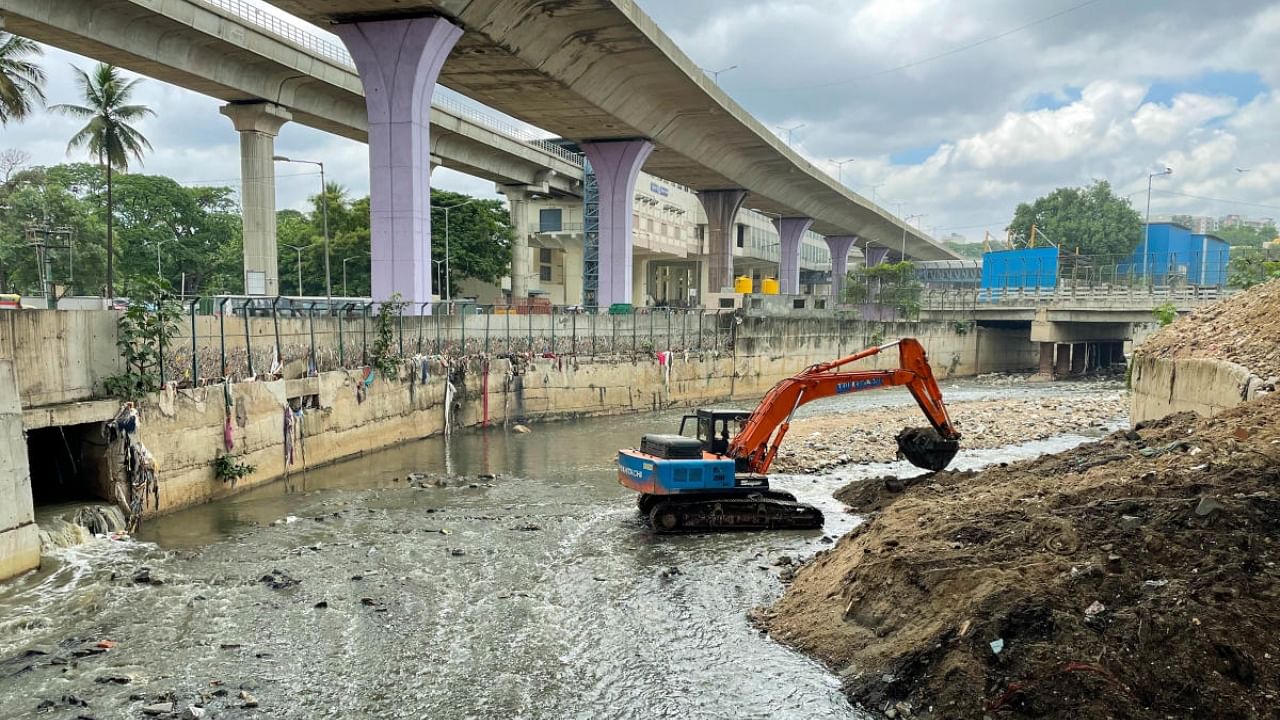
The bulk of the loan — which will be given by the World Bank to flood-proof Bengaluru — will be spent on remodelling rajakaluves by building cement walls, the draft action plan accessed by DH shows.
Other major projects that are a part of the Rs 3,000 crore grant are creating underground drainage (UGD) infrastructure in the outlying areas, constructing sluice gates in lakes, and building nine sewage treatment plants (STPs).
The entire project — supervised by the Revenue Department — is funded by the World Bank through a long-term loan. While the Bruhat Bengaluru Mahanagara Palike (BBMP) gets Rs 2,000 crore, the remaining Rs 1,000 crore has been allocated to the Bengaluru Water Supply and Sewerage Board (BWSSB).
The discussion on providing a special grant to Bengaluru came up after the IT City was marooned last year following heavy rains.
The draft action plan, after receiving approval from the state government, has been shared with the Department of Economic Affairs (DEA), Government of India, for its final consent.
Action plan
Citing that 173.90 km of drain network does not have any flood protection structures, the BBMP has set aside Rs 1,200 crore for building concrete walls on both sides of the drain. Of the 859 km of primary and secondary storm water drain (rajakaluve) network, the civic body has remodelled about 686 km of drains.
The BBMP has also proposed to extend the ongoing makeover of Koramangala Valley from Bellandur Lake to Dakshina Pinakini River. The existing project — which the civic body is struggling to complete — involves clearing up the drain from incoming raw sewage, construction of pathways, and landscaping the entire canal.
Stating that a large number of households in the outlying areas do not have sewage connections, the BWSSB has sought a grant of Rs 380 crore for providing UGD infrastructure for a length of 400 km. It has requested funds to build nine STPs, capable of treating 148 million litres per day of sewage, near nine lakes. V Ramaprasad, who volunteers in multiple citizen-led initiatives, hoped the World Bank would ensure strict supervision when the works are carried out. “We have seen in the past that the poor condition of Bengaluru’s public infrastructure is not due to lack of funds. It is primarily due to corruption and lack of transparency. These areas need to be first fixed before showing civic agencies the funds,” he said.